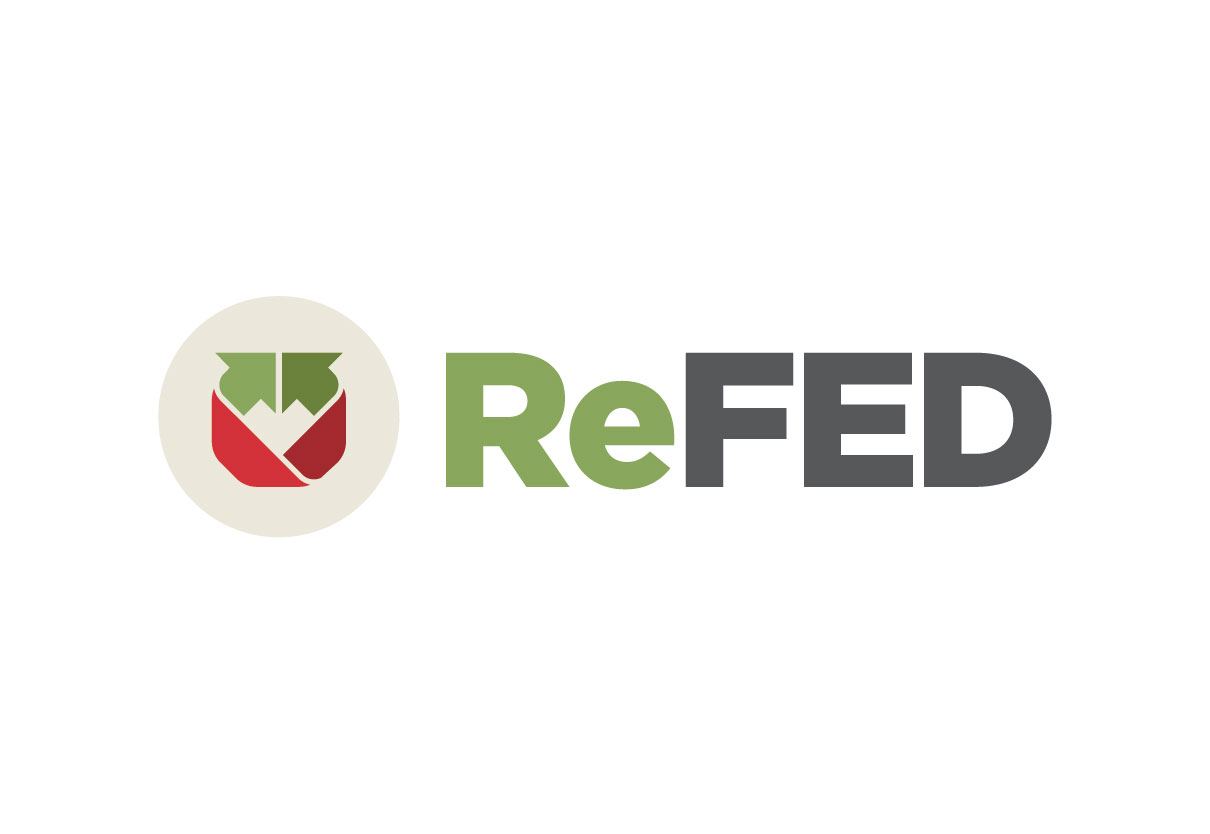San Francisco, CA (June 25, 2018) – ReFED, an entrepreneurial nonprofit initiative working with leaders across the food system to reduce waste, has partnered with Harvard Law School Food Law and Policy Clinic to organize the U.S. Food Waste Summit. Taking place June 26-27 at Harvard Law School in Cambridge, MA, the Summit will convene more than 300 leaders from across the public, private and nonprofit sectors to accelerate solutions to food waste and achieve the national goal to cut food waste in half by 2030.
Today, the United States wastes up to 40%, or $218 billion, of food annually. Food waste is becoming an elevated priority for food business executives, innovators, and funders. Reducing it increases food security, spurs economic growth, and creates local jobs.
The U.S. Food Waste Summit will address these issues by convening a dynamic group of food businesses, policymakers, innovators, investors, foundations, and nonprofits to advance solutions for food waste prevention, recovery, and recycling.
The day before the Summit, ReFED, the Harvard Law School Food Law and Policy Clinic, and the Harvard Business School Business & Environment Initiative will also co-host a one-day Innovator Workshop gathering 50 leading food waste entrepreneurs from around the world to network and learn from industry-leading businesses, funders, and policymakers.
“Continuing to foster progress toward the national goal of halving food waste requires a multi-stakeholder approach,” said Chris Cochran, Executive Director of ReFED. “We’re thrilled to build on our ongoing work and collaborate with Harvard Law School Food Law and Policy Clinic to gather some of the most brilliant and dedicated minds tackling this critical issue. Together, we are leading the charge to cut food waste in half in the United States.”
“Reducing food waste is a triple bottom line opportunity: it can help people, help the planet, and drive profit and economic development,” added Emily Broad Leib, Director of the Harvard Law School Food Law and Policy Clinic. “We look forward to convening stakeholders to share the exciting work that’s taken place in industry, innovation, and policy in the past few years, and collaborate with Summit participants to shape the future of this field.”
The Summit is a natural extension of ReFED’s efforts and tremendous growth over the past year. Since the 2016 release of A Roadmap to Reduce U.S. Food Waste by 20 Percent, the most comprehensive analysis of U.S. food waste and solutions conducted to date, ReFED has launched seven additional reports and tools to empower leaders across industry to take action to curb food waste. This includes working alongside 45 food businesses to publish three Food Waste Action Guides for the retail, restaurant, and foodservice sectors and leading a multi-stakeholder working group that contributed to an industry-wide commitment to standardize date labels. ReFED also partners with leading foundations and investors to achieve $18 billion of investment in food waste solutions to produce $100 billion in economic value.
The U.S. Food Waste Summit was made possible by the generous support of sponsors including The Fink Family Foundation, General Mills Foundation, Kroger Foundation, and Walmart Foundation.
The full Summit agenda can be found here.
About ReFED
ReFED is an entrepreneurial nonprofit initiative that works with decision-makers from across the food system to reduce food waste. Our mission is to accelerate solutions to food waste that will spur economic growth, increase food security and protect the environment. For more about ReFED’s work, visit www.refed.org.

